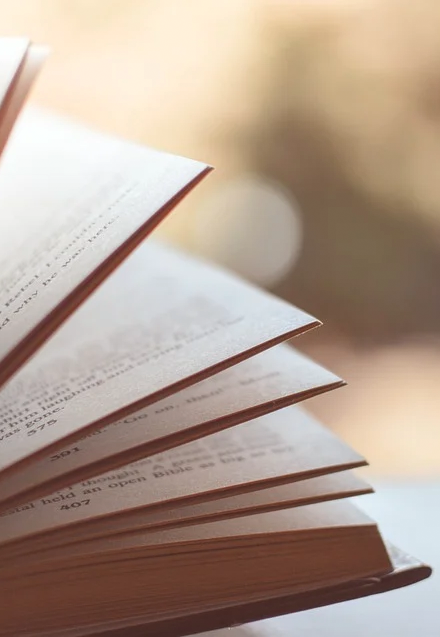David Vann liest...
1. Blood Meridian by Cormac McCarthy (Vintage, $15).
The strongest American writing has always been rural and regional and tragic, and Blood Meridian is our greatest novel, an heir to the work of Melville and Faulkner. McCarthy takes a garbage genre, the Western, and raises it to high literature, every sentence gorgeous.
2. Enormous Changes at the Last Minute by Grace Paley (Farrar, Straus and Giroux, $15).
The collision of Yiddish with English inspired many of the 20th century's greatest voices. Take Grace Paley. Her story collections are funny, self-reflective and generous. I was lucky enough to have a class with her. She said that in fiction, every sentence had to be true. Nothing could be faked.
3. The Shipping News by Annie Proulx (Scribner, $16).
Proulx is a master stylist. Emphasizing Old English diction and meter, she heaps up content. Sentence fragments and lists cut away everything grammatical, everything unnecessary, which is appropriate for a story about a protagonist learning to be a reporter. Quoyle is a fabulous creation, unwanted and unloved in a novel that finally is a love story.
4. Notes of a Native Son by James Baldwin (Beacon, $14).
Perhaps because Baldwin was the ultimate outsider — black and gay and an expat — his portrait of America somehow seems truer. In the title essay, he builds to a scene in a diner in which, furious at being denied service, he realizes that he is willing to commit murder. His analysis of race and rage takes as its target, finally, his own heart.
5. The Complete Poems 1927–1979 by Elizabeth Bishop (out of print).
Elizabeth Bishop is a great poet, accessible to all. In her poem "At the Fishhouses," she often chooses one fine detail to evoke a larger space. She was a painter as well as a poet, and our attention is held also by the shift in the quality of light, from opacity to translucence.

